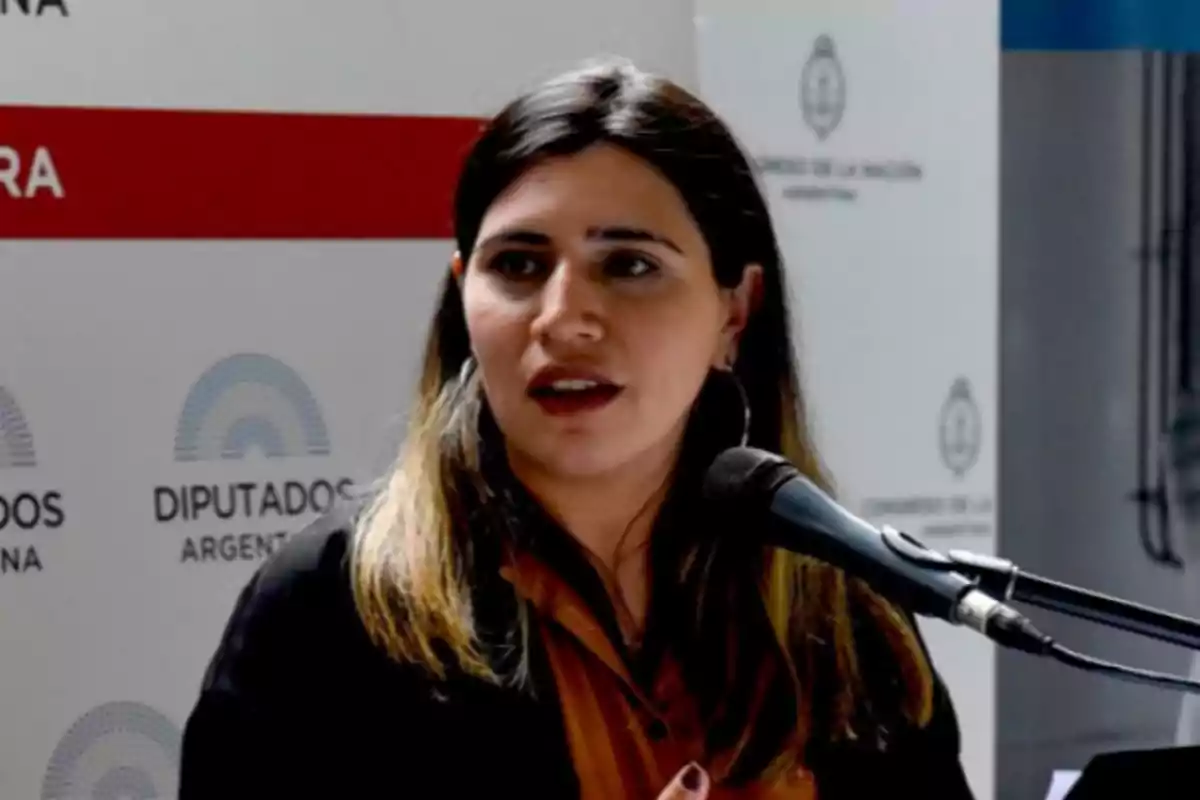
Admirer of Gordo Dan eliminates waste in the Human Rights structure
Ana Mármora is implementing reforms to eliminate unnecessary expenses and improve the quality of public policies
With the goal of optimizing resources and improving public policies regarding human rights, the Government of Javier Milei has formalized a restructuring that will put an end to the Kirchnerist waste.
The initiative establishes that the Museum of Memory and the National Memory Archive (ANM) will now operate under the scope of the International Center for the Promotion of Human Rights (CIPDH), led by director Ana Belén Mármora.
The measure, published in the Official Gazette through Decree 496/2025, seeks to concentrate functions and structures that for years were fragmented across different state agencies, often with administrative overlaps and little coordination.

The new framework, which follows the guidelines already set by Decree 344/2025, through which the former Secretariat of Human Rights was transformed into a Subsecretariat, is part of a broader process led by Ana Mármora that aims to eliminate unnecessary expenses, end waste, corruption, “ñoquis”, and improve the quality of public policies in human rights.
The young attorney, who holds a law degree from the Pontifical Catholic University of Argentina (UCA) and has completed postgraduate studies in Human Rights at Austral University, represents a new generation of officials with a perspective committed to republican principles and transparency.
Through her social media, Mármora expressed her admiration for libertarian leaders and activists such as Daniel Parisini, popularly known as “Gordo Dan”, whom she described as part of a “generation of leaders who are supporting the change of this country forever”.

The International Center for the Promotion of Human Rights, created with UNESCO’s endorsement, will now assume responsibility for coordinating policies focused on life, dignity, and freedom, addressing the recent past with a broader and more comprehensive vision. The integration of the Museum of Memory and the ANM will allow for more coordinated work in the preservation of historical memory, while eliminating duplicated spending on bureaucratic structures.
The CIPDH celebrated the decision with a statement on social media: “The decision was formalized in the Official Gazette and consolidates these three institutions as part of a new state structure, with the goal of strengthening and coordinating the promotion of public policies regarding life, dignity, and freedom”.
The new administration seeks to leave behind a period of Kirchnerist-biased discourse and corrupt structures, promoting a human rights policy that prioritizes efficiency and the complete history.
More posts: